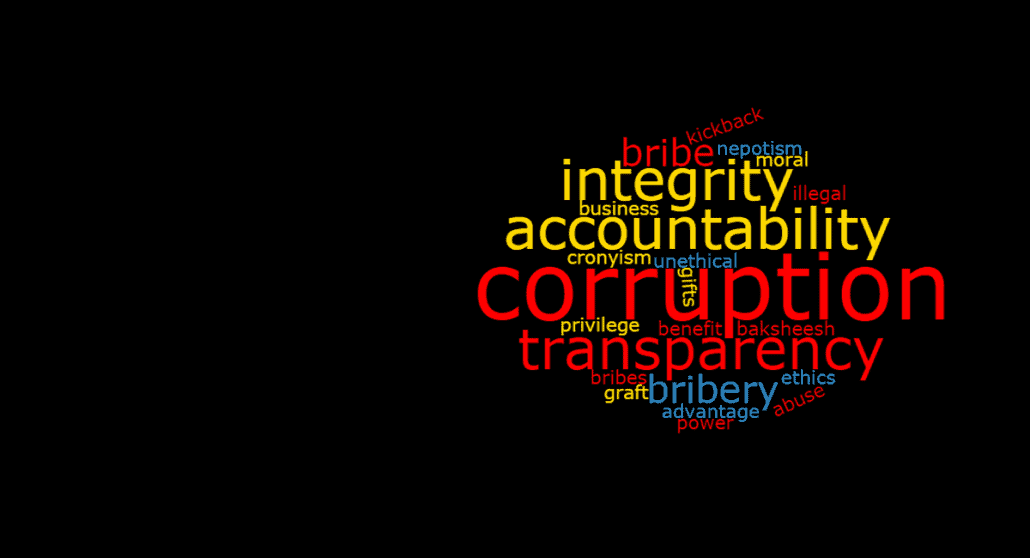By Matthew Stephenson
First published on Global Anticorrutpion blog
I’m taking another one of my periodic breaks from semi-serious commentary to make a mostly frivolous, slightly snarky point about the way we talk and write about corruption. Here’s my plea for today:
Every sensible person would presumably agree that there’s no panacea (that is, no single cure-all) for corruption. But our community appears to have developed – perhaps as a kind of reflexive, semi-defensive verbal tick – the tendency to declare that whatever anti-corruption measure we happen to be talking about is “not a panacea” for corruption. Thus we are told repeatedly, for example, that:
- Transparency is not a panacea for corruption (see here, here, and here);
- Anti-corruption agencies are not a panacea for corruption (see here, here, and here);
- New technologies are not a panacea for corruption (see here, here, and here);
- Democracy is not a panacea for corruption (see here, here, and here);
- Privatisation is not a panacea for corruption (see here and here).
Other things that the literature has declared “not a panacea” for corruption include higher public sector salaries, international courts, more women in the public sector, EU membership, codes of corporate ethics, unexplained wealth orders, and economic sanctions.
Since we all agree (or should agree) that there is no panacea for corruption, we probably don’t need to keep saying that any individual measure is not a panacea. Of course it isn’t. There isn’t one. Done.
While this post is mainly meant as a gentle admonition (with the finger pointed at myself as much as anyone else) to be more mindful about trotting out tired clichés and banal statements of the obvious, I do think there’s something intriguing about how many of us working in this field (again, very much including myself) so frequently feel the subconscious compulsion to add what would seem to be an unnecessary caveat when discussing this or that anti-corruption measure.
Why do we do this? Perhaps we recognise the all-too-frequent tendency of advocates to make exaggerated claims on behalf of their preferred reform, and we want to reassure our audience that we are more nuanced and sophisticated? (I imagine, for example, that those advocating for greater use of modern information technology don’t want to be mistaken for naïve techno-utopians.) Or perhaps we worry, perhaps with justification, about managing the expectations of our audience, lest the failure of a proposed reform to eradicate the corruption problem be treated as evidence that the reform didn’t help, leading to greater cynicism and frustration?
Then again, maybe there’s no subject-specific explanation. Maybe it’s just a bad habit. In any event, I propose that we retire the phrase. Please allow me to be so bold as to officially declare in this blog post, on behalf of the anti-corruption community, that there is no panacea for corruption. So, going forward, we don’t need to say it any more. Just throw in an unexplained hyperlink to this post as soon as you introduce the anti-corruption measure you want to discuss, without feeling the need to insert the “not a panacea” qualification.
You’re welcome.
• Matthew Stephenson is a law professor at Harvard Law School.

